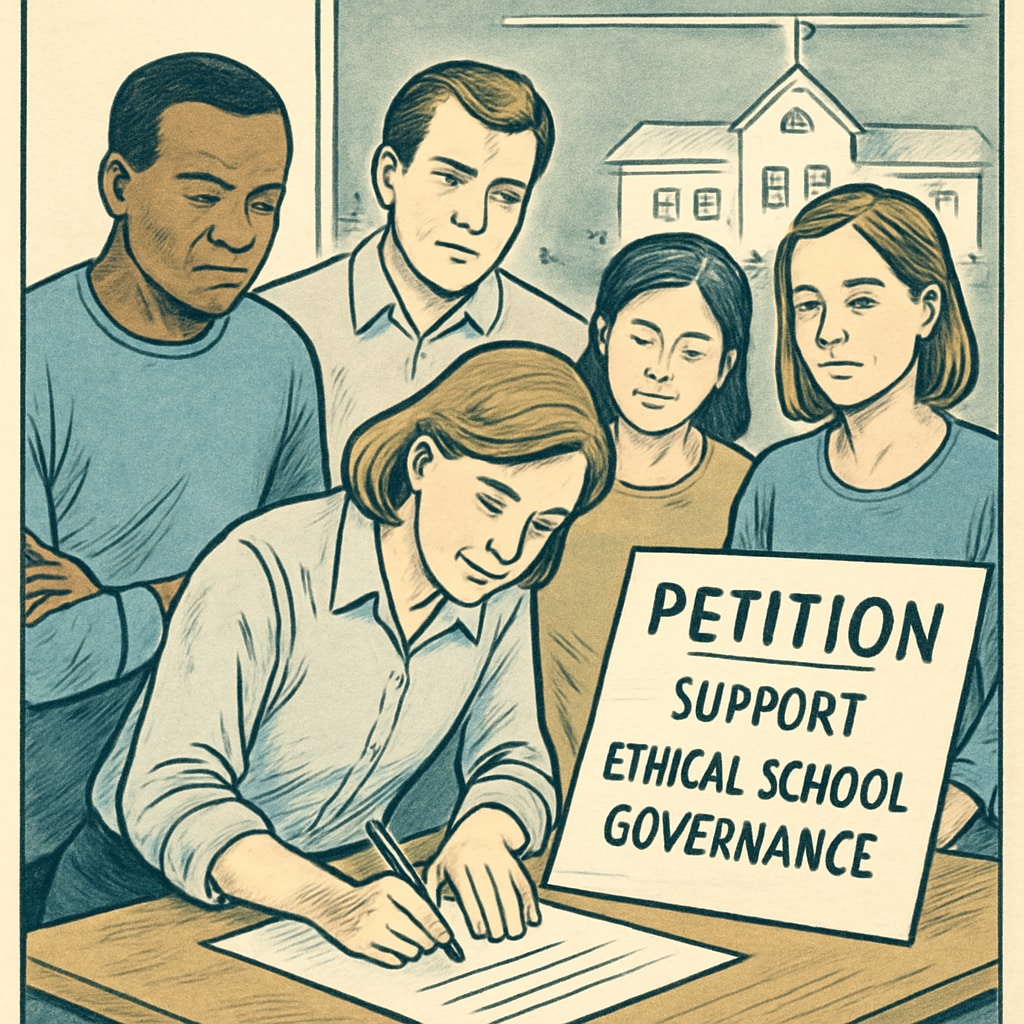School board members play a critical role in shaping the policies and culture of educational institutions. But what happens when a board member is discovered to have a history of child abuse? This alarming scenario poses a direct threat to the safety and well-being of students. Communities must take action to ensure ethical governance in schools. In this article, we’ll explore actionable strategies for addressing such situations, fostering accountability, and safeguarding student rights.
Understanding the Impact of Harmful Histories on School Leadership
The presence of a school board member with a history of child abuse can undermine trust in the institution and jeopardize student safety. School boards are not just administrative bodies; they set the tone for the school environment. A single individual with a harmful past can compromise the integrity of decisions, policies, and the overall educational experience.
For example, a school board member with a history of abusive behavior may influence decisions in a way that prioritizes personal interests over the welfare of students. This can result in compromised policies, poor oversight of staff, and an erosion of community trust.

Steps Communities Can Take to Address the Issue
When faced with this challenge, parents and community members must act swiftly and decisively. The following steps outline a roadmap for addressing the presence of an unsuitable school board member:
- Research and Verify: Confirm the allegations through credible sources. Transparency is crucial to avoid spreading misinformation.
- Engage with School Authorities: Bring the issue to the attention of school administrators or district officials. Advocate for an immediate investigation.
- Leverage Legal Frameworks: Understand local laws and policies regarding the eligibility of school board members. Some jurisdictions have legal mechanisms for removing individuals with criminal or unethical histories.
- Organize Community Forums: Host meetings to discuss the issue and gather support for collective action. This also ensures that the wider community is informed.
- Petition for Change: If legal or administrative measures fall short, consider organizing a petition to demand the resignation of the individual in question.
These actions are not just about addressing one individual but also about reaffirming the community’s commitment to ethical leadership in education.

Ensuring Long-Term Ethical Leadership in Schools
While addressing a specific case is crucial, communities must also focus on preventing similar issues in the future. Here are some strategies for promoting long-term accountability:
- Stricter Screening Processes: Advocate for thorough background checks for all school board candidates. This could include criminal record checks and public transparency regarding past misconduct.
- Ethics Training: Implement regular ethical training sessions for school board members to reinforce the importance of integrity and accountability.
- Community Oversight Committees: Establish independent committees to monitor the actions of school boards and ensure compliance with ethical standards.
- Encourage Whistleblowing: Create safe channels for reporting unethical behavior within the school board or administration.
By embedding these measures into the governance structure, communities can take proactive steps to uphold the highest standards of leadership.
Building a Safer Future for Students
The presence of a school board member with a history of child abuse is a crisis that demands immediate community action. By addressing the issue collectively, parents and community members can ensure that schools remain safe spaces for learning and development.
Ultimately, the goal is to create an environment where every decision made by the school board reflects a commitment to integrity and the welfare of students. With vigilance, collaboration, and proactive measures, communities can build a future where schools are led by individuals who embody the values of trust, accountability, and ethical responsibility.
If you suspect unethical behavior within your school board, consider reaching out to trusted organizations such as ChildHelp or consulting resources like school board overview on Britannica for further guidance.
Readability guidance: This article uses concise sentences, short paragraphs, and lists to enhance readability. Transitions like “for example” and “as a result” are used to connect ideas. Active voice is prioritized for clarity and impact.


